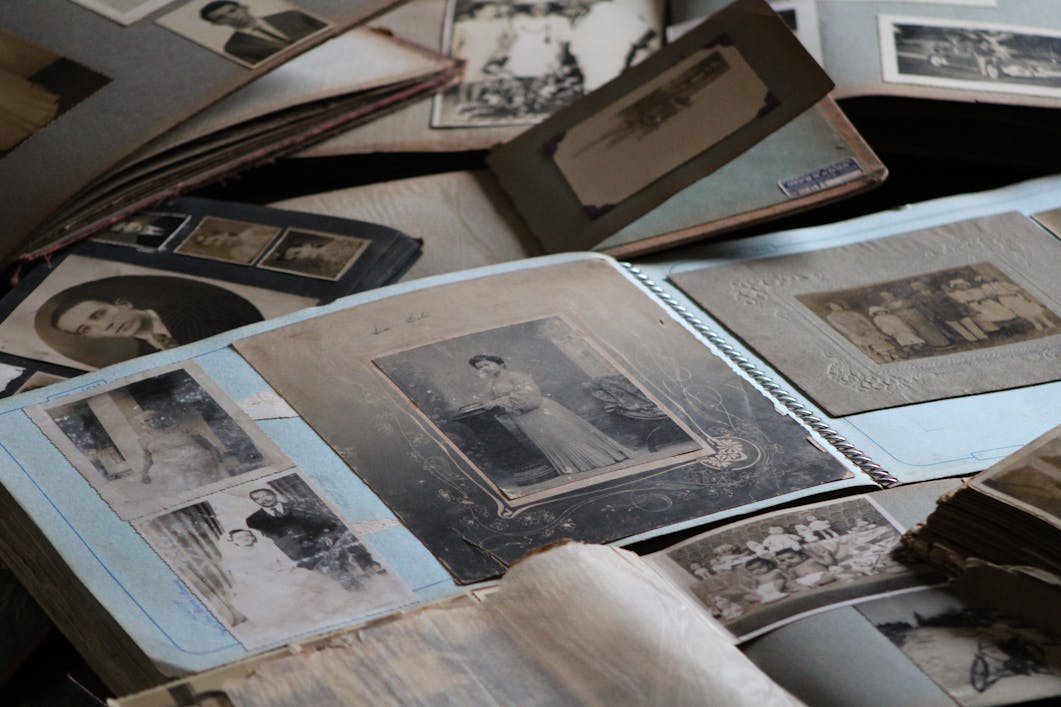The statement “He who does not know his roots and family history is lost” underscores the significance of understanding one’s familial heritage and history. Here are a few reflections on this statement:
- Identity and Belonging: Knowing our roots and family history provides a sense of identity and belonging. It connects us to our lineage, ancestors, and the stories that have shaped our family’s journey over time. This knowledge contributes to our understanding of who we are, where we come from, and the values and traditions that have been passed down through generations. It gives us a sense of rootedness and strengthens our connection to our family and heritage.
- Cultural Heritage and Traditions: Family history often encompasses cultural heritage and traditions. Exploring and preserving this knowledge allows us to honor and celebrate our cultural roots. It enables us to carry forward customs, practices, and rituals that hold deep significance and contribute to our collective identity. Understanding our family’s cultural heritage can foster a sense of pride and appreciation for the richness and diversity of our ancestral background.
- Lessons from the Past: Family history provides valuable lessons from the past. By studying the experiences and challenges faced by our ancestors, we can gain insights into resilience, perseverance, and the human capacity to overcome adversity. Learning from their stories can inspire and guide us in navigating our own journeys, helping us avoid past mistakes and make informed decisions. It also fosters a sense of gratitude for the sacrifices and efforts of those who came before us.
- Connection Across Generations: Knowing our family history facilitates a connection across generations. It allows us to establish meaningful relationships with older family members, bridging generational gaps and promoting intergenerational understanding. Sharing stories and experiences from the past strengthens family bonds and promotes a sense of continuity and legacy.
- Personal Narrative and Legacy: Understanding our family history contributes to our personal narrative and shapes our sense of self. It provides context to our own life story and influences our values, beliefs, and aspirations. By recognizing and preserving our family history, we contribute to the collective legacy of our lineage and leave a lasting impact for future generations.
While it is not essential to be burdened by the past, exploring and acknowledging our family history can offer valuable insights and a deeper connection to our roots. It enables us to carry forward the wisdom, traditions, and values of our ancestors while forging our own path in the world.


No responses yet